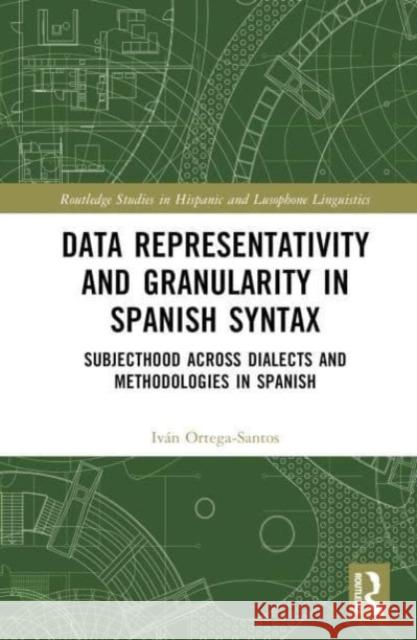Data Representativity and Granularity in Spanish Syntax » książka
topmenu
Data Representativity and Granularity in Spanish Syntax
ISBN-13: 9781032437651 / Twarda / 2024 / 176 str.
Data Representativity and Granularity in Spanish Syntax focuses on the dialogue between Generative Grammar, Variationism, and experimental linguistics with a unique emphasis on Spanish linguistics.











